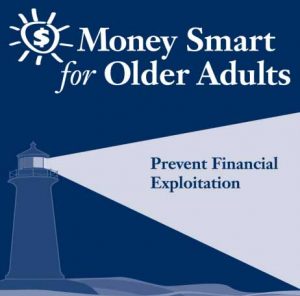
With a living trust, you can set specifics for all types of properties and have the flexibility to make changes as needed. For instance, you can name alternate beneficiaries if the individual you initially named dies. You can’t do that with joint tenancy or a pay-on-death bank account.
Compared with a will, a living trust does have some downsides. They are more time-consuming to establish and involve more ongoing maintenance. It is harder to modify them.
The usual cost of having a living trust prepared by a lawyer is about $1,000, but you can significantly reduce this cost by making your own trust. There are self-help tools to guide you through the process. Even if you create a living trust, you will need a simple will as a backup.
Age and wealth are the two most important factors in considering a living will. Greater wealth makes it more desirable to protect your inheritors from the inconvenience and cost of probate. The nature of assets also is important. If you own a small business or other assets that you don’t want tied up during probate, you are more likely to consider a living trust at a younger age. Although your expectation of dying is not immediate, you don’t want to risk having an executor obligated to report to a judge for a year or more.
The steps you should follow if you need to amend your living trust include: Locate the documents and identify the provisions you want to change.
Draft an amendment form or purchase one from a legal publishing store or office supply. Be sure all pertinent information is included, such as the name of the trust, the trust grantors, the trustees as named in the original document and the date it was created. Specify which article in the trust allows for amendments and which article you want to change.
Bring the trust grantors and trustees before a notary public and have all parties sign and date the amendment and specify who they are in the presence of the notary, who will then notarize the signatures.
Attach any changes you make to the original trust papers. Keep them is a secure place. If you filed the trust initially with your county records department, be sure you add any amendments as they are made.



